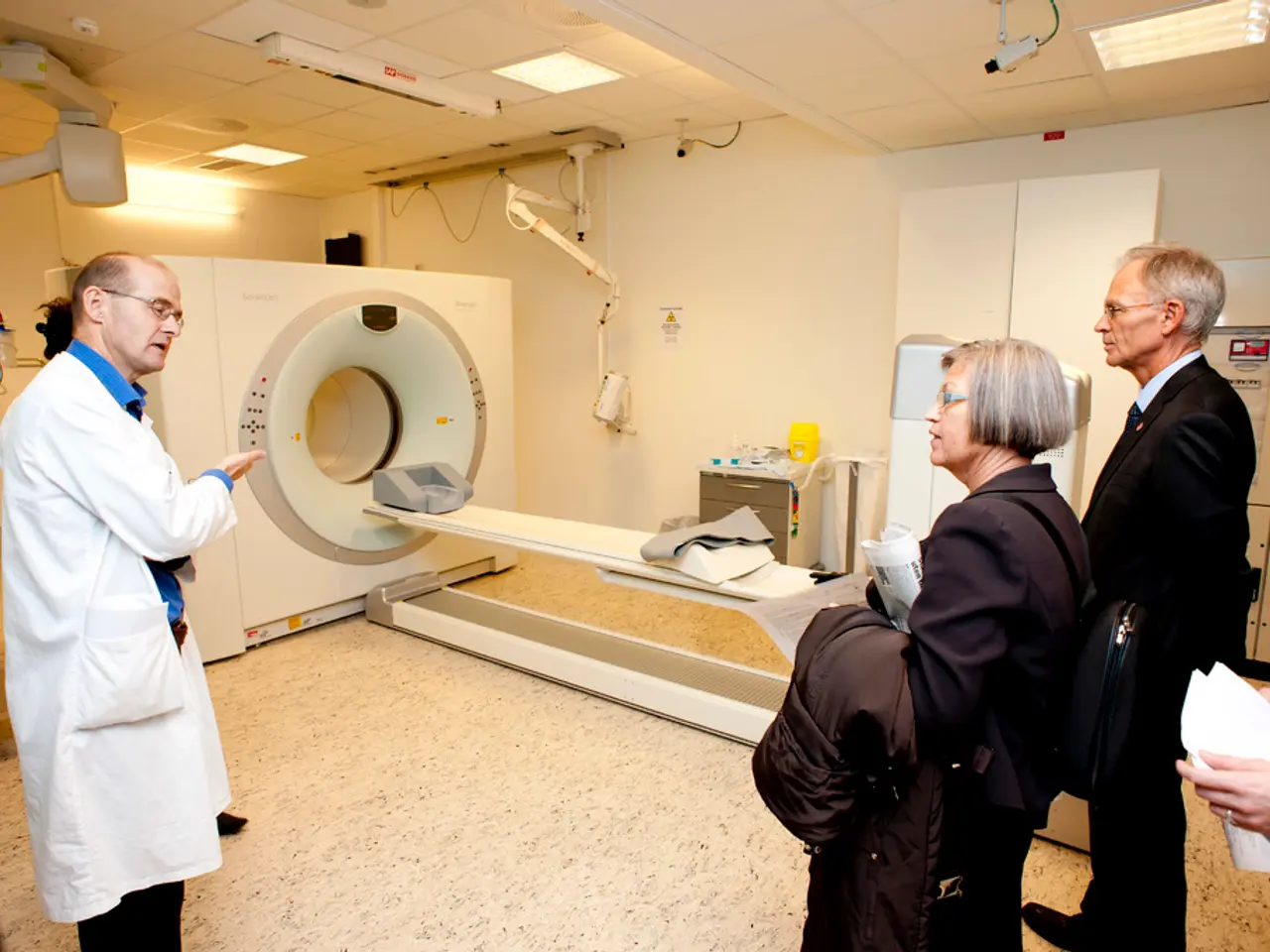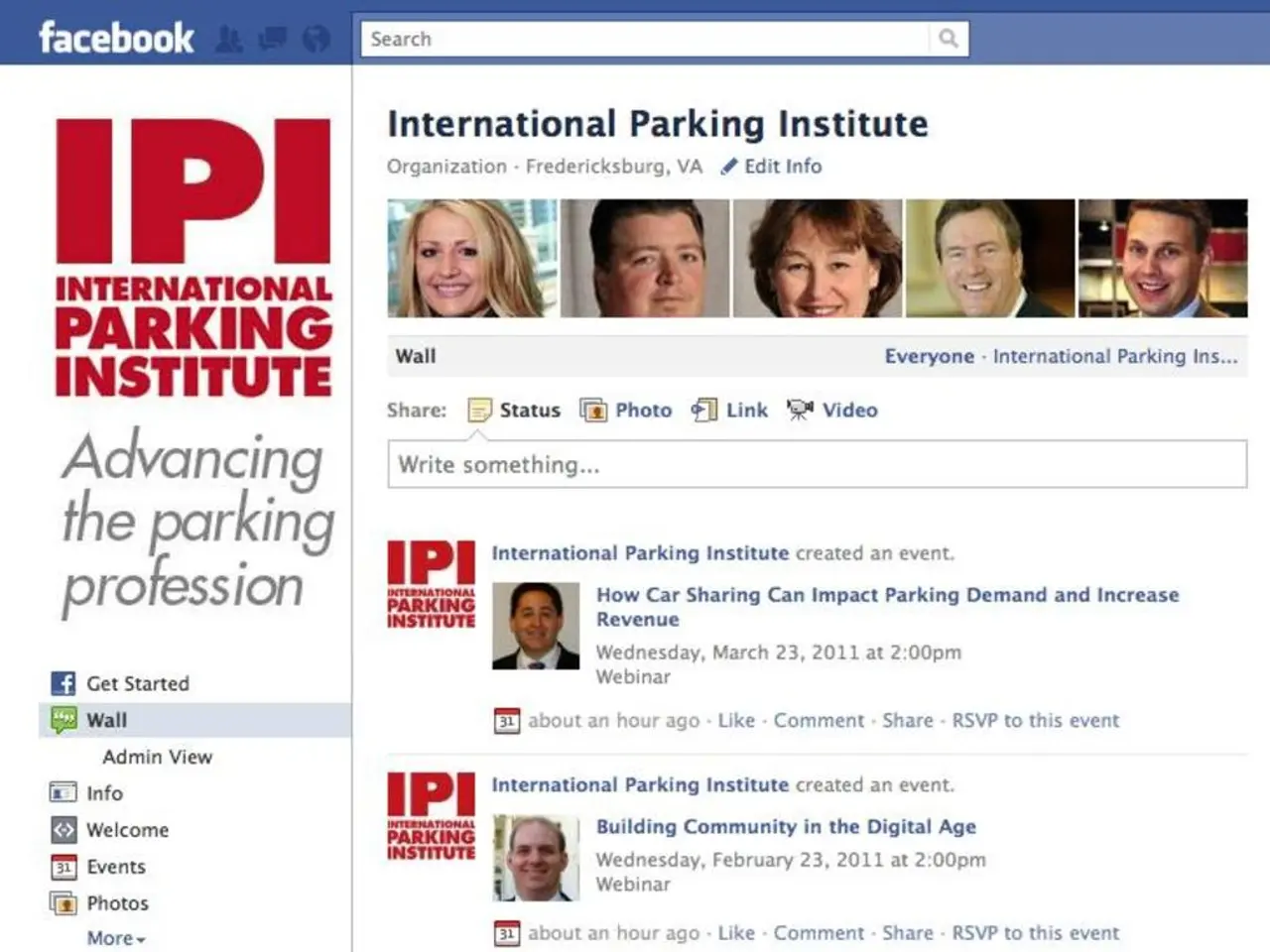Improving Clinical Efficiency: Investigating Artificial Intelligence for Medical Transcription Services
In the rapidly evolving world of healthcare, AI medical scribes are making a significant impact, streamlining clinical workflows, enhancing patient care, and improving physician satisfaction.
These digital assistants, designed to capture and transcribe patient interactions into comprehensive SOAP notes in real-time, are proving to be a force for positive change in the industry.
One of the key benefits of AI medical scribes is the time they save physicians. By automating documentation tasks, they allow healthcare professionals to allocate more time to patient care. For instance, they can cut charting time by nearly one hour per day, while some systems, like Sunoh.ai, have reduced documentation time by up to 40%.
AI medical scribes also offer improved accuracy, achieving higher rates (95-98%) compared to traditional methods, reducing errors in transcription and typing. This enhanced accuracy not only improves the quality of care but also contributes to a more efficient healthcare experience for all.
By reducing screen time, AI medical scribes enable physicians to engage more effectively with patients, leading to stronger relationships and enhanced patient care. Moreover, by automating administrative tasks, they help mitigate physician burnout, a significant issue in healthcare.
Cost efficiency is another advantage of AI medical scribes. Operating continuously without breaks, they reduce the need for human scribes and associated costs.
AI medical scribes are equipped with advanced features that facilitate their integration into clinical workflows. Ambient listening technology allows them to listen to doctor-patient conversations in real-time, automatically generating structured notes. Real-time note generation enables immediate review and editing. HIPAA-compliant security ensures patient data is protected through bank-level encryption.
Integration with major Electronic Health Record (EHR) systems eliminates manual data entry, and pre-built templates cater to various medical specialties, streamlining documentation for different visit types.
The implementation of AI scribes requires an investment in learning how to utilise the technology effectively, but the long-term benefits, including time savings, streamlined documentation, and a complete picture of patient information, outweigh the initial investment.
In conclusion, AI medical scribes are transforming healthcare by enhancing efficiency, improving patient care, and reducing physician workload, making them a valuable tool for healthcare providers. As more practices adopt these digital assistants, we can look forward to a more efficient, patient-centric, and fulfilling healthcare experience.
Science and health-and-wellness sectors are merging with technology and artificial intelligence, as AI medical scribes become a cornerstone in the medical field. These digital assistants, equipped with features like ambient listening technology, real-time note generation, and HIPAA-compliant security, are improving medical-conditions management by streamlining clinical workflows, enhancing patient care, and reducing physician burnout.




